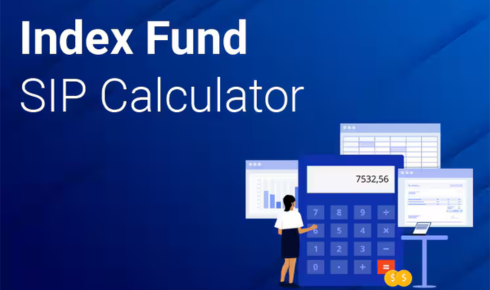Introduction
In the evolving landscape of the Indian stock market, understanding the distinctions between trading account and Demat account is crucial for making informed investment decisions. As we approach 2030, evaluating the best options for account types can significantly impact your financial future. Both trading accounts and Demat accounts play vital roles in stock market transactions, but they serve different purposes and offer unique benefits. This blog explores these differences, current trends, and the potential future impacts to help you choose the best account type for your investment strategy.
What is a Trading Account?
A trading account is a financial account that allows you to buy and sell securities like stocks, bonds, and mutual funds. It acts as an intermediary between you and the stock market, facilitating the execution of trade orders. When you place a trade, the trading account processes this order and executes the transaction, making it essential for active trading and investment strategies. Key features include real-time access to market data, the ability to place market orders, and tools for tracking and analyzing trades.
What is a Demat Account?
A Demat account, short for “dematerialized” account, is used to hold securities in electronic form. Unlike physical certificates, securities are stored electronically, simplifying the management and transfer of assets. A Demat account ensures that your investments are safe from physical damage and provides easy access for trading and record-keeping. It is primarily used for storing shares, bonds, and mutual funds in a digital format, making it a crucial component for managing and safeguarding your portfolio.
Key Differences Between Trading and Demat Accounts
Understanding the key differences between a trading account and a Demat account is essential for choosing the best trading account for your needs:
- Purpose:
- A trading account facilitates buying and selling securities, while a Demat account stores them in electronic form.
- Functionality:
- Trading accounts execute transactions and provide market access, whereas Demat accounts manage and safeguard the securities you own.
- Integration:
- Typically, a trading account is linked with a Demat account to ensure seamless buying and selling of securities while holding them electronically.
- Fees:
- Trading accounts often involve brokerage fees for each trade, while Demat accounts may have annual maintenance charges.
Current Trends and Data from India’s Stock Market
Recent data indicates a significant rise in the number of both trading and Demat accounts as more investors enter the market. The ease of opening accounts online and advancements in trading technology have democratized stock market access. The increase in retail participation, driven by a surge in mobile trading apps and online platforms, reflects a growing interest in stock market investments. Additionally, regulatory changes have streamlined account management, making it easier for investors to manage their portfolios.
Projected Impact on the Indian Stock Market by 2030
Looking ahead to 2030, several trends are expected to shape the Indian stock market:
- Technological Advancements:
- Innovations such as AI-driven trading algorithms and blockchain technology are likely to transform how trading and Demat accounts operate.
- Increased Market Participation:
- With continued growth in digital access, more investors are expected to participate in the stock market, further integrating trading and Demat accounts into mainstream financial practices.
- Regulatory Evolution:
- Anticipated regulatory updates may enhance account security and investor protection, influencing how trading and Demat accounts are managed.
Which is the Best Choice for 2030?
Determining the best choice between trading and Demat accounts depends on your investment goals. For active traders who need real-time execution and analysis tools, a robust trading account is essential. Conversely, for investors focused on holding and managing their securities efficiently, a Demat account is crucial. Ideally, a combination of both accounts offers a comprehensive approach to investing, providing both transactional capability and secure storage.
Conclusion
As you plan for the future, consider how the evolution of trading and Demat accounts will influence your investment strategy. Both account types offer distinct benefits and play complementary roles in managing investments. To make the most of your investments, it’s essential to choose the right combination of accounts that aligns with your financial goals. For those looking for a reliable platform, Enrich Money offer a free Demat account with no annual charges, making it easier to start your investment journey and prepare for the future.





